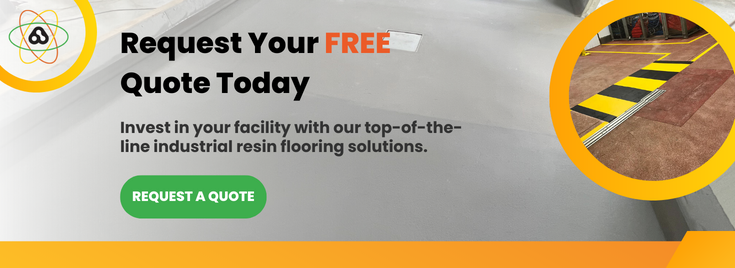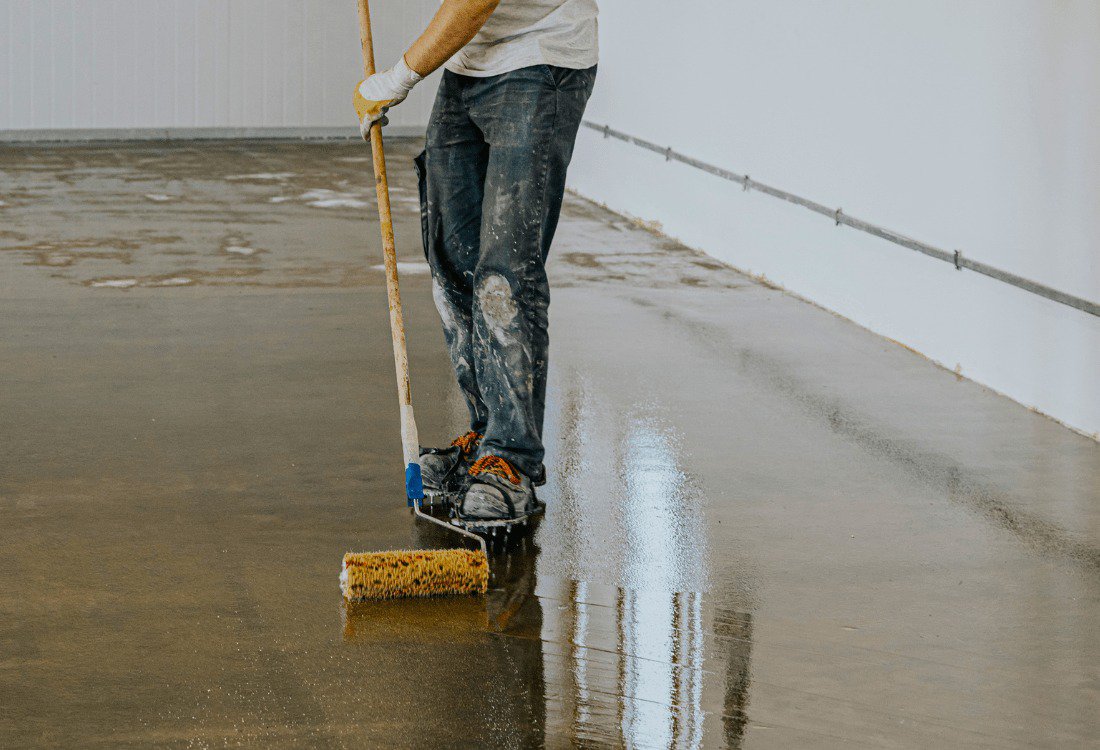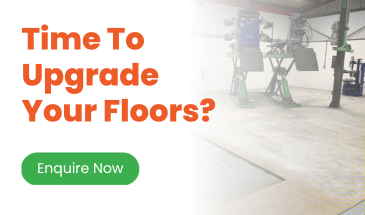Flooring is a vital element of any commercial space. Its values range from basic aesthetics through to the heavily legislated world of health and safety. To understand whether your commercial premises require a resin or tiled floor, read on.
Costs and Maintenance
Upfront, commercial resin flooring is less expensive than tiled flooring. However, long-term, the costs can be a little more complex. Tiles can crack, requiring replacement. In contrast, cracked epoxy can be seamlessly sealed. In the balance of things, epoxy resin is more likely to crack than tiles, potentially requiring more long-term maintenance costs. However, if you get a problem with mould in your tile grouting – on which we’ve got a section below – brace yourself for a full floor replacement.
Overall, the costs of tiles and epoxy commercial flooring are fairly even, so this should not be a swaying factor in your choice.
Durability
Tiles and epoxy both boast excellent, albeit very different, durability qualities. Tiles are typically highly scratch resistant, with the ‘typically’ here relating to the vast array of tile quality, finish, and porosities available. However, this is also the Achilles heel of the tile, which does not perform well when subject to mechanical stress. In contrast, epoxy can scratch and scuff with heavy wear and tear. If epoxy floors are scuffed, they can be easily repaired with a fresh coating. However, the problem can be avoided with the right choice of resin. Epoxy resin is available in eight different grades, with the highest grades being almost entirely scuff-resistant.
When it comes to the durability question, a cracked tile is a broken tile, whereas epoxy can be fixed. It is also worth consulting the FeRFA Guide regarding the durability of different finishes for commercial spaces.
Aesthetics
If aesthetics are important in your commercial space, the choice between epoxy resin over a tiled floor may be important. Tiles offer the opportunity to introduce colours, patterns, and shapes. Epoxy resin can achieve the same look, but it is less common. Rather, epoxy resin is associated with a sleek, seamless, single-colour finish that offers a modern aesthetic.
If aesthetics are crucial to your commercial design, remember to check the BRCGS Guide to make sure that your aesthetic vision is in line with the most recent legislation. For instance, floors that will be used for food preparation need to be clearly marked and delineated, and epoxy tends to be a much easier choice for this.
Hygiene
Floor hygiene ultimately boils down to the issue of the floor’s porosity. If the floor is porous, bacteria can enter it. This can lead to outbreaks of mould and mildew, which can quickly spread into the fabric of the building’s walls and foundations. One of the reasons that epoxy was designed was to put hygiene first, therefore banishing this problem. The completely non-porous seal of epoxy makes it impervious to bacteria, very easy to clean, and thus inherently hygienic.
When it comes to hygiene, epoxy is the clear winner. It’s one of the reasons that epoxy resin is the go-to choice for hospitals and the food and drink industry. If hygiene matters in your commercial space, epoxy resin is your flooring answer.
Find Out More
If you’re weighing up your options regarding epoxy resin over tiled flooring for your commercial space, why not request a quote today.



